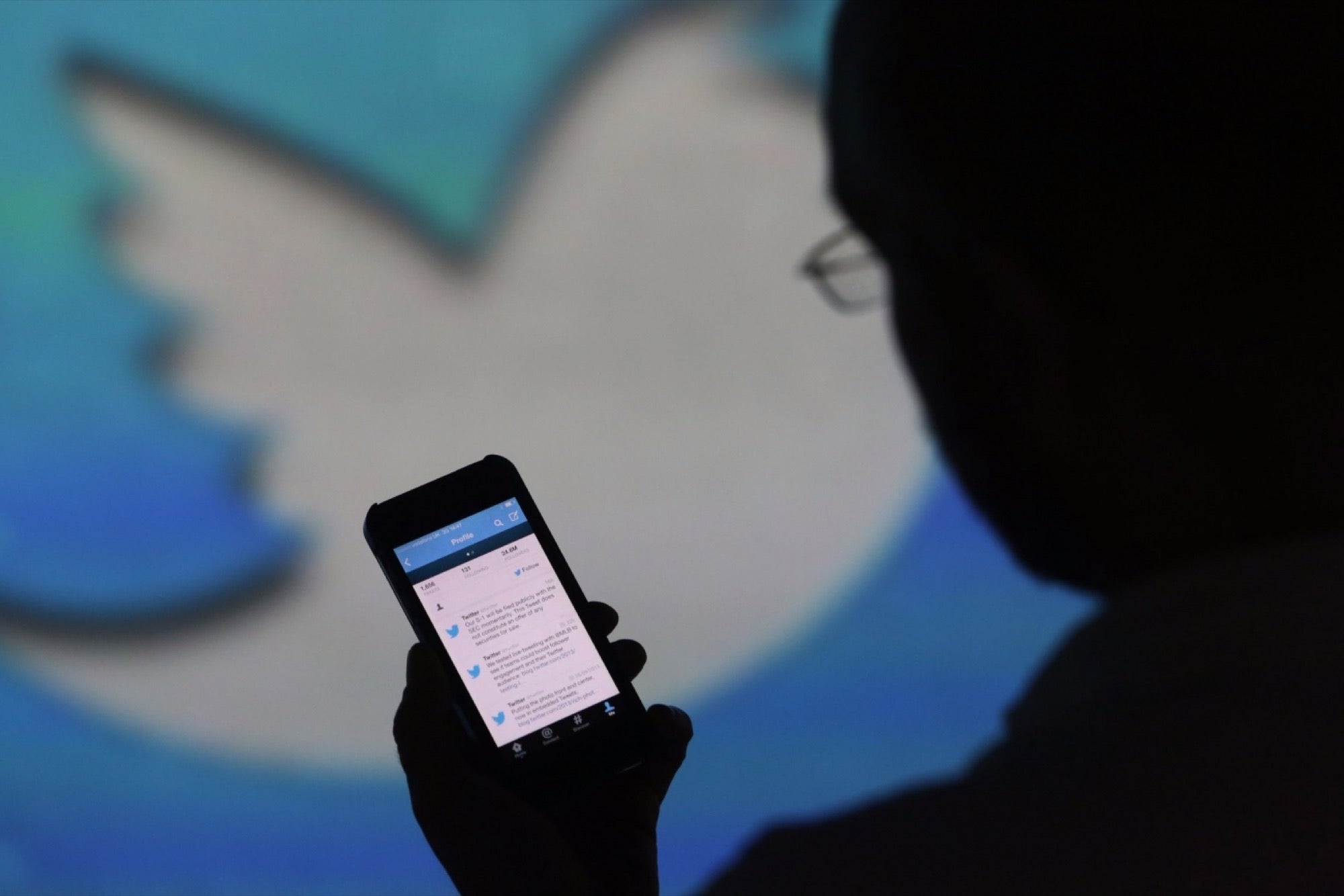How Brands Use Twitter Banter to Gain Clout Twitter still is the place for quick, clever conversations with your audience. Endear yourself to followers and emphasize your culture with these tips.
By Kofi Frimpong Edited by Dan Bova
Opinions expressed by Entrepreneur contributors are their own.

Twitter remains a powerful force, despite the rising popularity and appeal of social-media platforms such as Snapchat and Instagram. (Just look at how President Donald Trump keeps the world on edge with every tweet he sends.) Of all the major social media platforms, Twitter may be the one that most effectively conveys the wit and personality of an individual or a brand.
With just 140 characters -- for now -- Twitter forces users to be concise and impactful. Furthermore, with new information being reported every second on all topics, users must be quick to respond before their thoughts become irrelevant.
A number of personal and business brands have really taken advantage of what Twitter has to offer. It's the place for quick retorts. Playful banter. Witty remarks. Viral memes. If a brand responds in a clever manner, it quickly can gain clout, popularity and respect. On the other hand, brands that respond with corny or inappropriate tweets can face unwanted attention and public vitriol.
Related: Should Your Brand Throw a Twitter Party?
Here are a few examples of brands that have used Twitter to achieve positive results -- along with some tips on how you can apply these successful strategies.
Wendy's clapback.
It's common for Twitter users to dish out harsh and unwarranted critique of brands without suffering any consequences. Many brands simply ignore these comments. However, brands that do dare to respond can gain the respect of followers and attract new fans. Wendy's has taken this approach a few times while managing to avoid an offensive or disrespectful tone.
When one Twitter user compared Wendy's to a fast-food competitor, Wendy's response yielded more than 13,000 retweets and 24,000 likes.
This one below is a bit more harmless. A Twitter user asked a genuine question: Why are Wendy's burgers square? The response garnered a lot of online attention.
Related: What I Learned From My First Twitter Chat
Merriam-Webster
Merriam-Webster has done an incredible job of using Twitter to build its brand. Its social-media manager is very quick to give precise definitions of words that have been incorrectly used. The brand tends to use events of national importance to make a point and take a stand.
After the United Airlines fiasco -- one of the most-discussed events on social media -- Merriam-Webster attained more than 40,000 retweets and 65,000 likes with its definition of "volunteer." The company's account did a masterful job of highlighting the issue within the confines of its own brand.
Merriam-Webster volunteer tweet
Twitter lost it when Trump used the word "covfefe" in the midst of one his Twitter rants against the media. Although it clearly was a typo (whose meaning remains unclear), "covfefe" became a bit of a rallying cry for those who saw Trump as mentally unfit for his office. Merriam-Webster again capitalized, with a retort that garnered more than 97,000 retweets and over 225,000 likes.
Black Girls Code
Too many brands and individuals take neutral positions on important matters simply to avoid controversy or even hatred from any particular side of a debate. Black Girls Code, which many startup entrepreneurs and venture capitalists support as a way to increase diversity in tech, has begun establishing its reputation as a trustworthy organization -- particularly in Silicon Valley.
In the wake of backlash over Uber's treatment of women, the company has made an effort to show the public how it's working to change its culture. Nonetheless, Black Girls Code turned down a $125,000 Uber donation. Leadership at Black Girls Code believed the offer was more of a public-relations play than a genuine offer to build up the organization. Black Girls Code's founder told her story via Twitter, and her group's hard stance inspired many to open up their own checkbooks.
Make Twitter work for you.
What can you learn from businesses and other organizations that have successfully gained traction from Twitter banter?
- Stay on message. If you're going to respond to trolls, stay within the confines of your own brand where it makes sense.
- Be aware. Be aware of trending topics, what's going on in the world and what everyone is talking about. That's the only way to have a timely response that keeps your brand relevant.
- Take a stand. Don't be afraid to pick a side, if it's the right one for your brand or culture.
- Have fun and be honest. Twitter is a conversation, and by nature, banter is a light back-and-forth. But if you misstep or make a mistake, own up to it.
- Don't be offensive or ignorant. Brands often try too hard to appeal to a particular demographic. You'll fail if you're not culturally cognizant of your target audience's do's and don'ts.
Related: Using Promoted Tweets in Your Marketing Strategy? You Are Brave.









